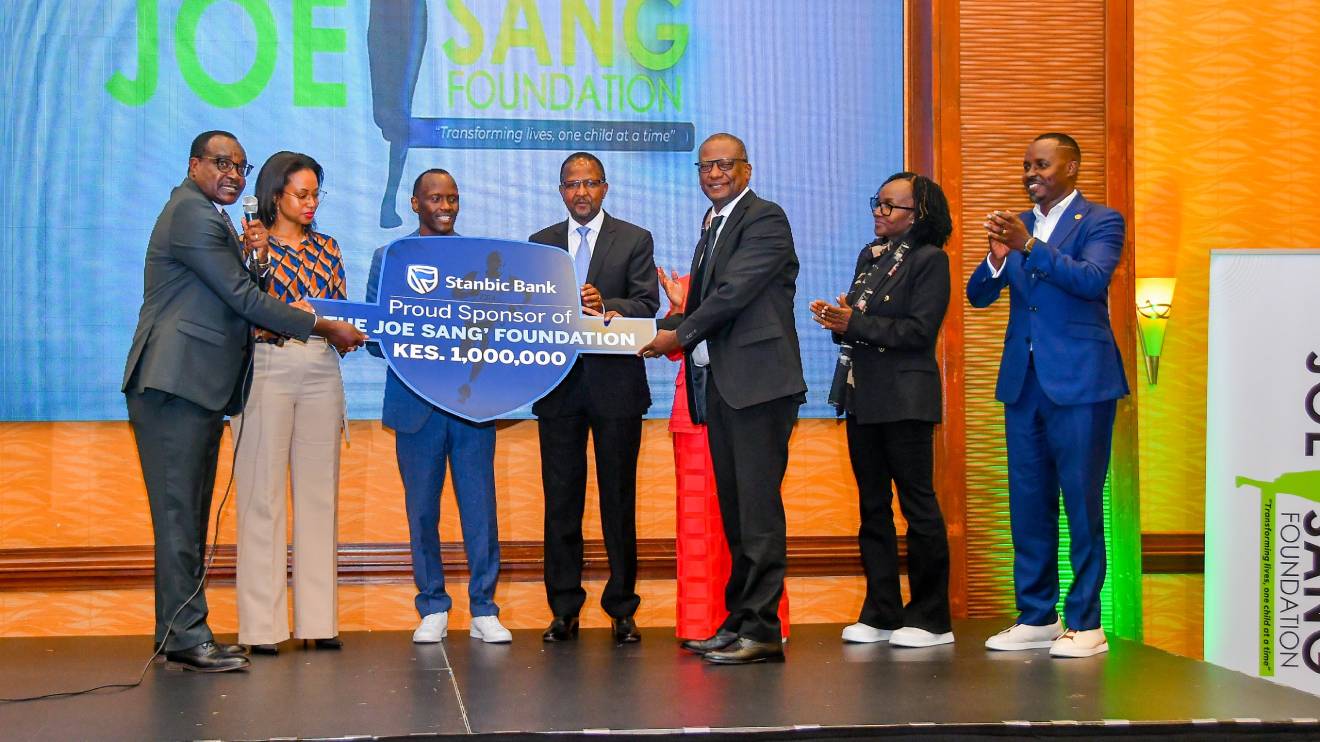Africa’s growing appetite for technology investment is under the spotlight at Oxford University this week, where more than 40 venture capital fund managers have gathered for the Africa Venture Finance Programme (AVFP).
The five-day forum, running from September 1 to 5, 2025, at the Saïd Business School, is dedicated to sharpening the skills of investors who back early- and growth-stage tech firms across the continent.
Nearly half of the participants are women, reflecting an increasing push for inclusion in the sector.
By the end of this edition, more than 150 managers, representing the bulk of active VC funds in Africa, will have passed through the programme since its launch, forming what organisers describe as a tightly connected alumni community.
Boost Africa, an initiative of the African Development Bank and EIB Global with support from the European Commission, the Organisation of African, Caribbean & Pacific States, and Germany’s BMZ through KfW/DEG, leads the delivery of the programme.
Read More
The training is designed and facilitated by Oxford academics, focusing on peer learning, contextual investment strategies, and knowledge-sharing.
Investors and Development Finance Institutions such as the EBRD, Proparco, the Arab Fund, FCDO, and British International Investment are taking part in discussions with African General Partners.
Senior partners from firms including TLcom, Partech, and AfricInvest are also engaging with DFIs on challenges like capital access, fund performance, and portfolio growth.
EIB Vice-President Ambroise Fayolle stressed that Boost Africa is intended to create more than just financial outcomes, describing it as a tool for resilience, innovation, and inclusive growth.
“Boost Africa is about more than just finance, it’s about building resilient economies, fostering innovation and creating inclusive growth through smart, targeted investment," Fayolle said.
He added that enterprises backed by the programme are already demonstrating stronger performance and wider ecosystem impact.
“Enterprises supported under the initiative are attracting more funding, closing more deals and helping build thriving innovation ecosystems. Sharing investment best practices with our partners, for sustainable impact across Africa through avenues like AVFP, is essential,” Fayolle said.
Venture capital remains scarce in Africa, with the continent attracting only 1 to 2 per cent of global flows despite accounting for 18 per cent of the world’s population.
AfricaGrow’s Investment Director Peter Ellersiek explained that venture capital can act as the bridge between Africa’s innovation capacity and inclusive economic growth.
“Africa’s innovation potential is immense, and venture capital is the bridge to unlocking it. By equipping fund managers with equity capital, right tools, and networks, we’re not just strengthening the investment ecosystem—we’re opening doors to transformative business opportunities that can drive inclusive growth across the continent,” Ellersiek said.
Programme Director Aunnie Patton Power of Oxford University said the AVFP is equipping fund managers with the skills and networks they need to lead Africa’s evolving entrepreneurial ecosystem.
"At a time when Africa’s entrepreneurial ecosystem is rapidly evolving, the African Venture Finance Programme equips fund managers with the tools, networks, and critical thinking needed to shape the future of capital on the continent," Power said.
"This isn’t just about growing funds—it’s about reimagining what finance can do when it’s grounded in context, community, and long-term value creation."
European Commissioner for International Partnerships Jozef Síkela underlined the EU’s commitment to supporting Africa’s startups, saying the partnership is designed to help them grow, scale, and attract sustainable investment.
“By offering early-stage funding and hands-on support to venture capital fund managers, Boost Africa can be a catalyst for transforming Africa’s entrepreneurial landscape," Sikela remarked.
"This partnership, supported via the Global Gateway strategy, shows the European Union’s strong commitment to helping African startups grow, scale up their innovations, and attract sustainable investment thus promoting inclusive growth, creating jobs, and advancing gender equality."
Figures from the African Private Capital Association reveal that Africa secured 487 deals in 2024. Of these, 427 were venture capital investments worth $2.6 billion (Sh342.7 billion) and 60 were venture debt transactions valued at $1 billion (Sh131.8 billion).
Boost Africa has already channelled over €380 million (Sh56.2 billion) into African startups, supporting more than 70 companies and six private equity funds. Nearly 94 per cent of entrepreneurs backed by the initiative have gone on to raise at least $1 million (Sh131.8 million), a success rate nearly double that of their peers.
By convening investors, DFIs, and fund managers at Oxford, the AVFP is positioning itself as a bridge between global capital and Africa’s innovation potential, with organisers hopeful its ripple effect will continue to strengthen the continent’s entrepreneurial landscape.

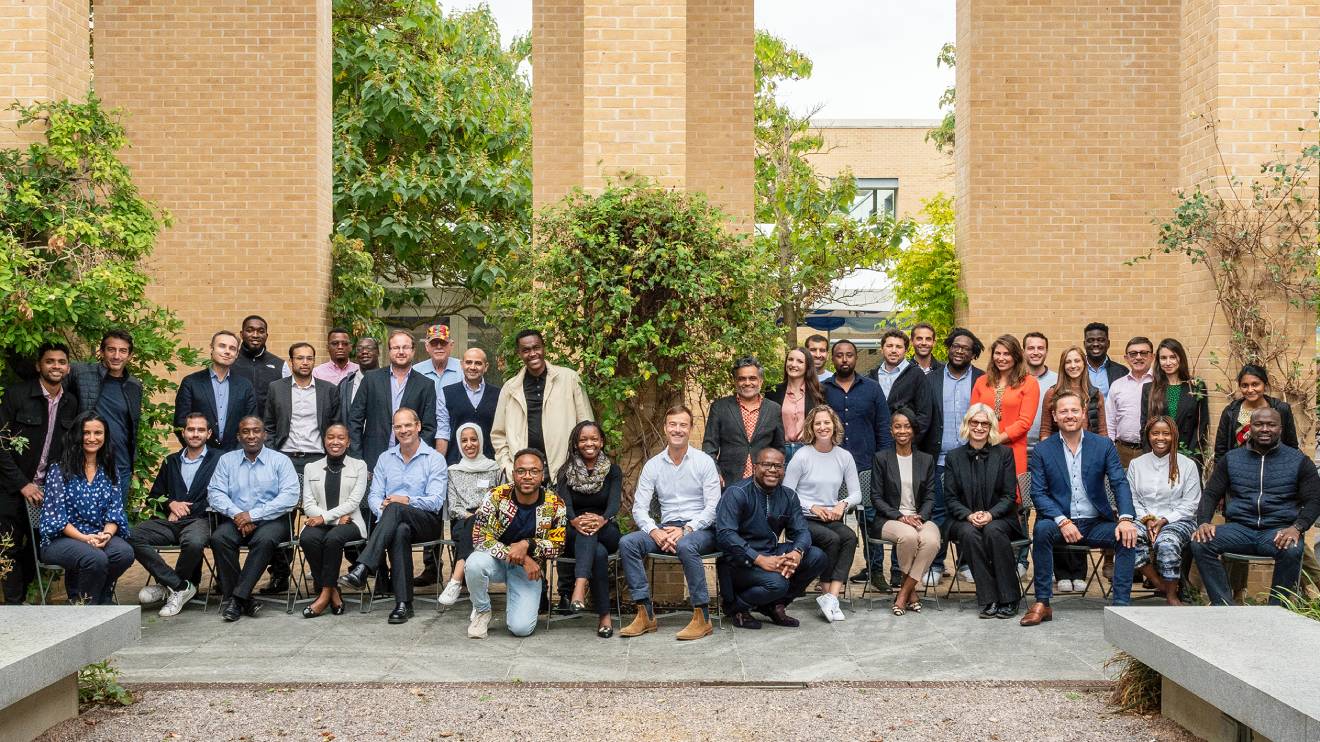




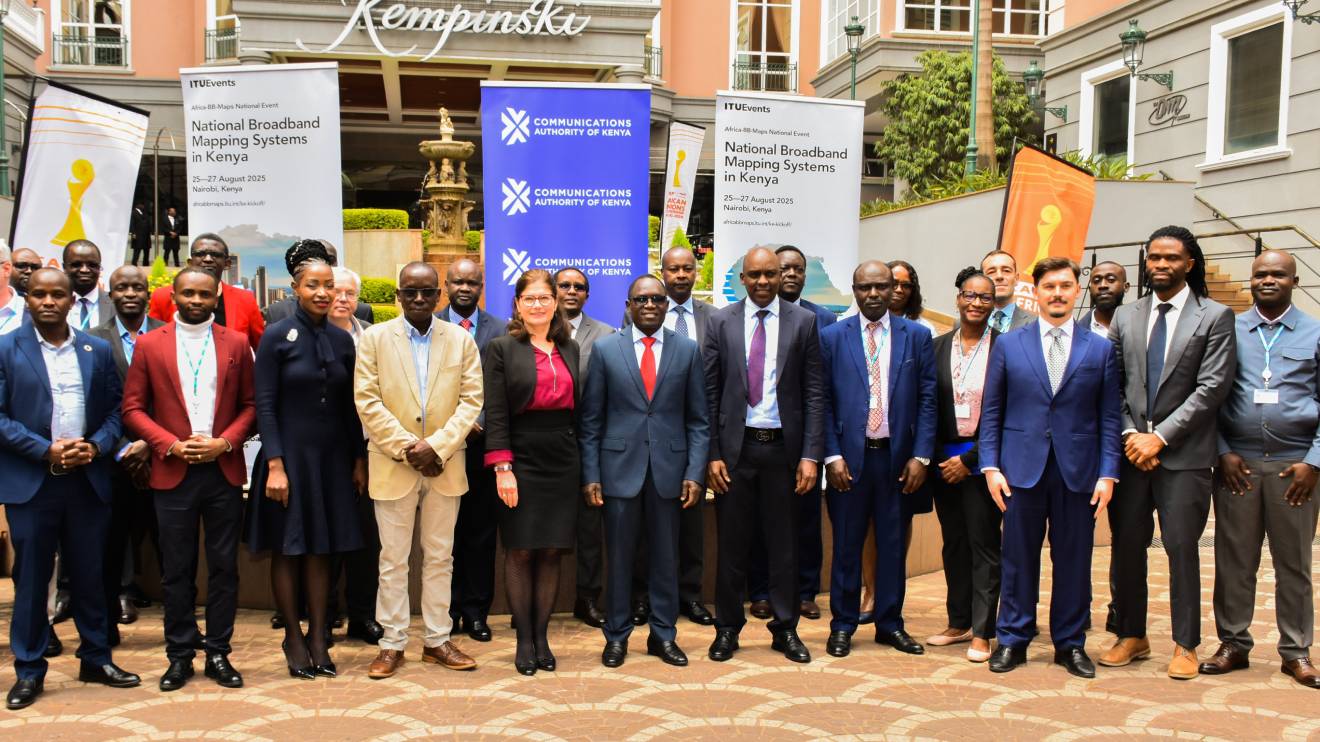
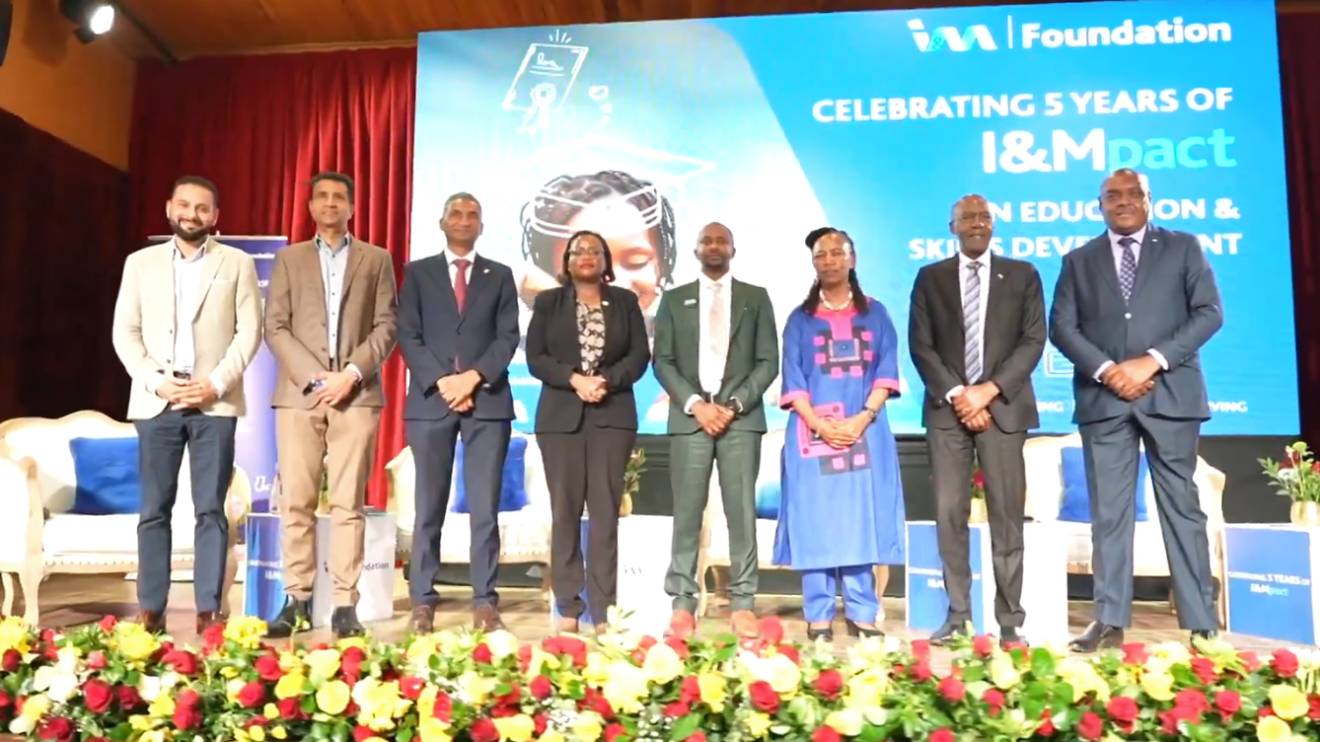
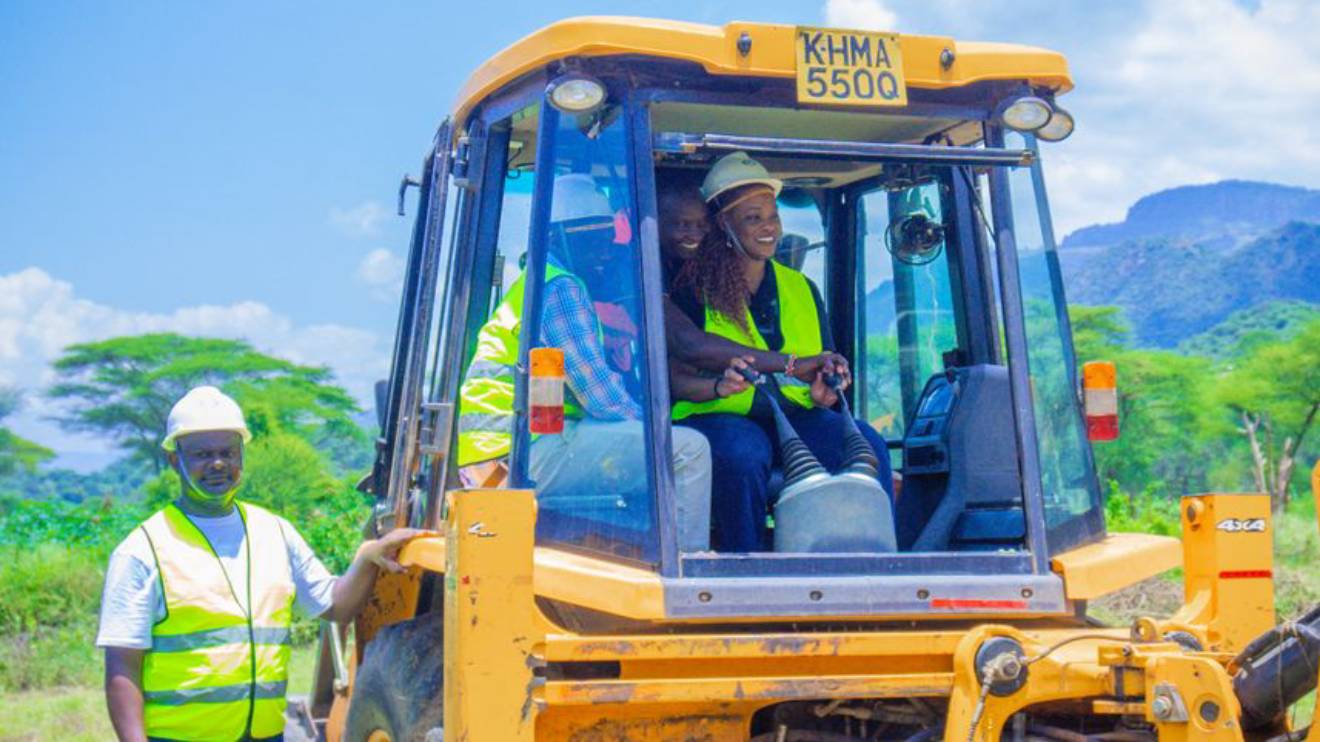
-1756807229.jpeg)
